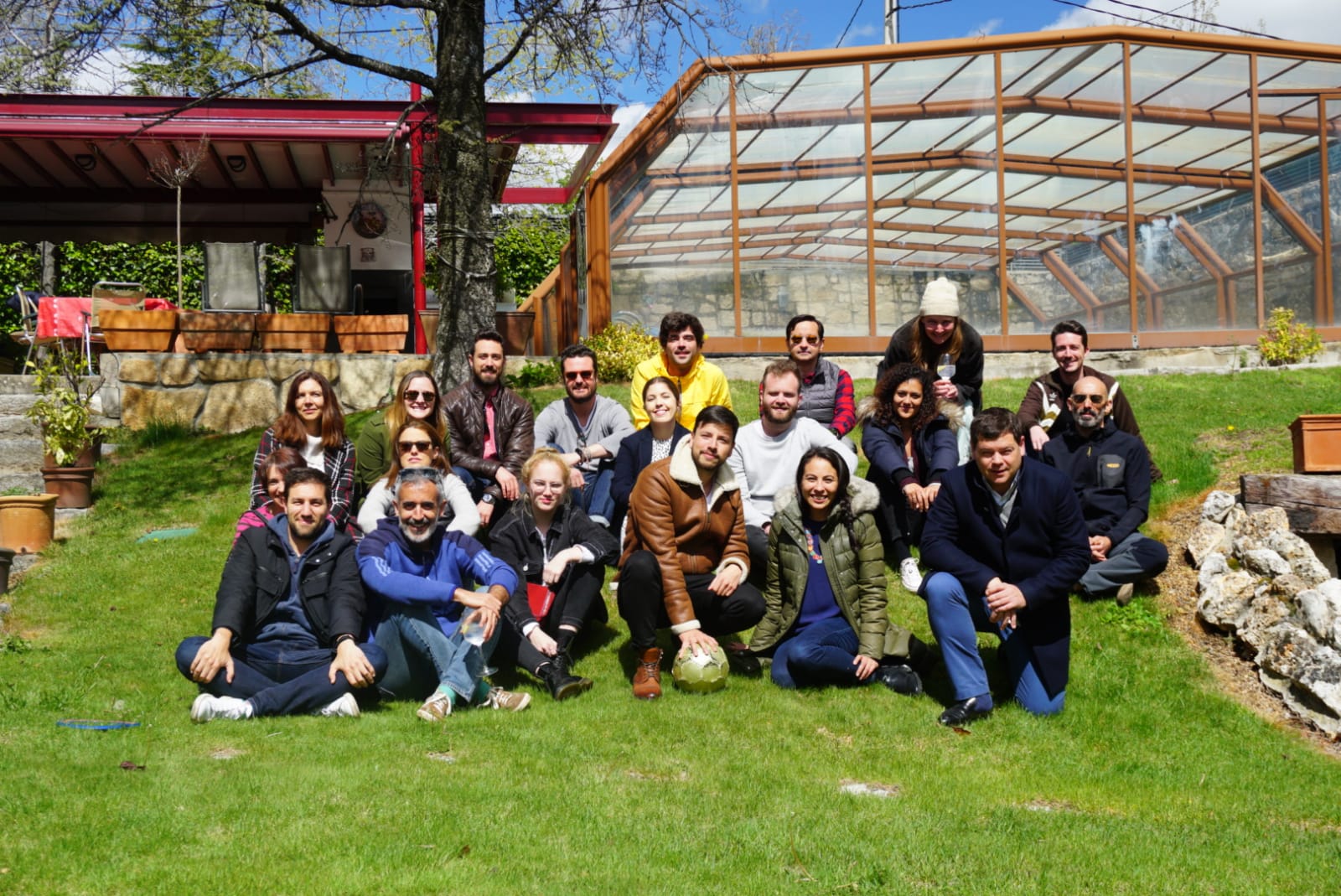The Future of Travel and Tourism: Creating Experiences that are Cohesive and Personalised
Maruan El Mahgiub
Director of Business Strategy

The second UN World Tourism Organisation (UNWTO) Tourism Tech Adventure took place in Santiago, Chile on 10 July 2019. I was asked to be on a panel titled “The future of work in tourism: Are we prepared?” to talk about the changes being demanded in travel and tourism from a customer experience perspective, while other panellists weighed in on the future of work (another subject of great interest to me; you can see a short interview about that here.)
The changes that I see coming in travel and tourism fall under two main categories: creating cohesive & personalized experiences.

Cohesive customer experiences
I believe that more and more, customers expect that their “journey”—in both the literal and metaphorical sense—will be seamless.
In the literal sense, this means that we will see an increase in multimodal travel solutions; whether this means that travel aggregators, such as Wondo, will seek to do a better job of offering journeys door-to-door, or we will see more cross-industry convergence and collaboration, such as the story that broke a few months ago that Audi and Airbus are teaming up to offer flying taxis.
In the metaphorical sense, tourism and travel brands must up their games to offer a coherent customer experience across all touchpoints throughout the customer journey, from discovery online through to purchase and the tangible and intangible aspects of the experience itself: the service, the space, and the physical and digital artefacts that customers will interact with.
I believe that more and more, customers expect that their “journey”—in both the literal and metaphorical sense—will be seamless.
Personalised customer experiences
A point that kept coming up from many of the panellists was the need for greater personalisation in the travel and tourism experience.
I believe that the need for personalisation means that travel and tourism experiences can and should become more accessible, incorporating the principles of universal design, especially as populations age. In addition, as the demographics and geographic origin of travellers change, this universal accessibility will also need to be bolstered by a greater ability to cater to personal preferences, including a range of cultural expectations. We have worked on improving the capturing and actionability of customer preferences for clients such as Meliá Hotels International.
And here in lies an opportunity for both the small, local experience provider as well as the travel and tourism giants: people want personal and personalised experiences that only local people can provide, and they also expect that the global companies that have a lot of data on their preferences—whether it be an airline, hotel, or travel portal—is able to provide an experience and recommendations that are exactly attuned to their needs.



